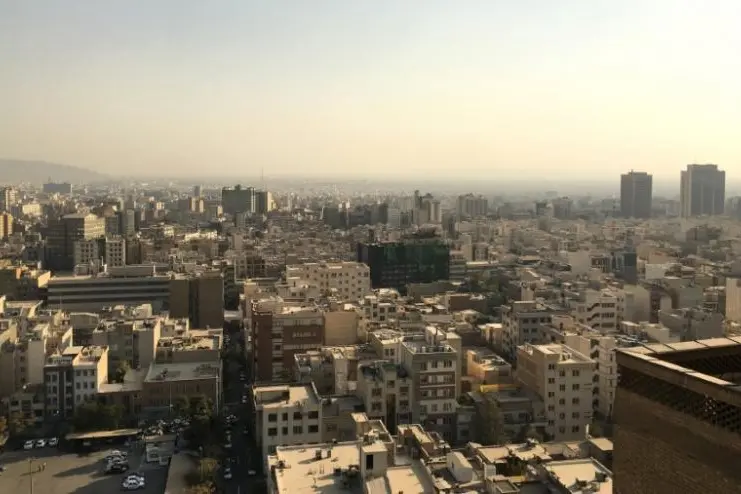PHOTO
SYDNEY/LONDON, Jan 12 (Reuters) - Iranian authorities, keen to roll out the red carpet to foreign investors, are taking steps to help local firms sell bonds abroad and Western fund managers are eager to buy.
While there could be headwinds from the incoming Trump administration in Washington, Iran offers fertile ground for investors: the World Bank classifies the country of 77 million as an upper-middle income nation. Its $425 billion economy is expected to grow by 4.5 percent in 2016-2018, it has diverse industry and a well-developed infrastructure.
Investors are eager but more than a year after international sanctions against Iran were removed in exchange for curbs on its disputed nuclear programme, compliance risks may remain.
"We would be very interested," said Lutz Roehmeyer, director at Landesbank Berlin Invest. "We have no exposure, and that would be a great first step, but eventually we would actually like to be invested in local currency."
Iran's capital marker regulator, the Securities and Exchange Organisation (SEO), is nonetheless encouraging local firms to explore alternatives to domestic lending, where rates remain above 20 percent.
"There is a big project to help big listed companies or even the government itself to issue bonds in other countries, the first of which is Korea," said Bahador Bijani, Vice Chairman for International and Foreign Investment Affairs at the SEO.
"Additionally, SEO is facilitating the process of listed companies issuing bonds in international markets like London."
Iranian international bond issuance has been virtually non-existent since the late 1970s, the time of the country's Islamic Revolution. Now, issuing abroad could help Iran alleviate another problem: A lack of expertise in syndicating foreign currency debt after being shut out global capital markets for some two decades. Yet many Western banks afraid of falling foul of remaining Western sanctions may opt to stay on the sidelines.
Last year, the SEO approved rules for credit rating agencies and granted its first license. The regulator remains open to more licenses, in particular for the big international rating agencies, said Bijani.
The central bank and the SEO are working on currency hedging tools to support cross-border deals, he added.
"The stage is set, yet some authorities are more willing to employ the instrument in a unified exchange rate environment."
In December, Iran's central bank took steps to streamline exchange rates by allowing some lenders to deal in foreign exchange trading at a free-market rate, narrowing the gap with an official rate which is used for some state transactions.
Updating regulations is also high on Tehran's list: In April, the SEO joined global watchdog IOSCO. Since September, the SEO has met with regulators from Switzerland, South Korea, India and Germany. And Iran's insurance watchdog, Bimeh Markazi, is set to hold talks with officials from Lloyd's of London later this year; the heads of both entities met in November.
WHAT CURRENCY
Foreign debt deals would likely be denominated in euros, as this would provide a liquid and market-friendly instrument which would bypass restrictions on U.S. dollar transactions, said Jan Dehn, head of research at Ashmore, a British investment firm with more than $50 billion under management.
"There is no doubt whatsoever that if there were not major legal issues or questions to do with sanctions and that big grey area around those current rules that could shift depending on the geopolitical tide, we would be investing in Iran already."
While the international banking system is not yet fully open to Iran businesses, some are exploring alternatives, said Amir Kordvani, who heads the Iran desk and Middle East projects practice for law firm CMS Cameron McKenna LLP.
Companies are in talks with banks in Europe and elsewhere that have shown interest in considering facilitating payments subject to compliance rules, said Kordvani.
"Other companies are looking at investment funds especially for smaller projects. ECAs (export credit agencies) are another option."
Russia could also play a role as it explores the Chinese market to issue yuan-denominated bonds, providing a model for Iran to follow.
In addition, Iran and Russia are considering setting up an Islamic bank as part of efforts to expand economic cooperation, officials said in December.
(Additional reporting by Carolyn Cohn and Aine Quinn; editing by Mark Heinrich) ((Bernardo.Vizcaino@thomsonreuters.com; Telf: +61293218168; Reuters Messaging: bernardo.vizcaino.thomsonreuters.com@reuters.net))





















